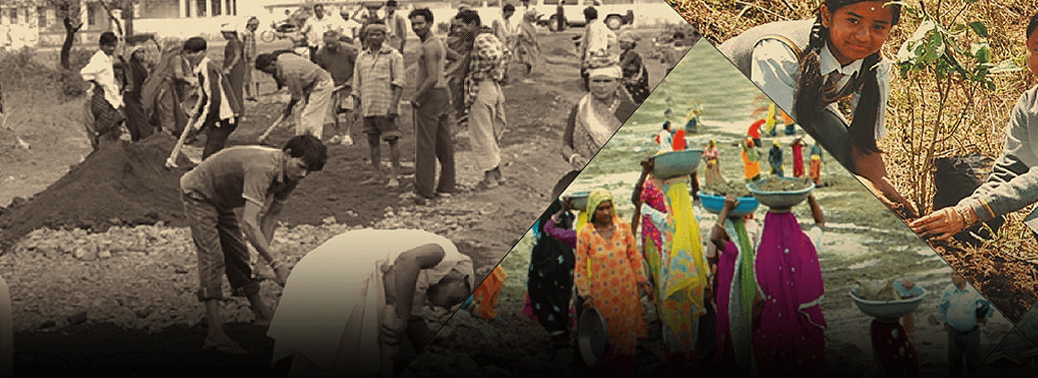NATIONAL HUMAN RIGHTS COMMISSION (NHRC)
18, Jun 2019

Prelims level : Polity
Mains level : GS-II: Governance, Constitution, Polity, Social Justice and International Relations
- It is a Statutory Body the National Human Rights Commission (NHRC) of India was established on 12 October, 1993.
- It is in conformity with the Paris Principles, Section 2(1)(d) of the PHRA defines Human Rights as the rights relating to life, liberty, equality and dignity of the individual guaranteed by the Constitution or embodied in the International Covenants and enforceable by courts in India.
Composition:
- NHRC comprises of a chairman and four members. The chairman should be a retired chief justice of India.
- The other members should be
-
- One Member who is, or has been, a Judge of the Supreme Court of India
- One Member who is, or has been, the Chief Justice of a High Court
- Two Members to be appointed from among persons having knowledge of, or practical experience in, matters related to human
Members appointed by committee consist of:
- Prime Minister (chairperson) Home Minister
- Speaker of the Lok Sabha
- Leader of the Opposition in the Lok Sabha Deputy Chairman of the Rajya Sabha Leader of the Opposition in the Rajya Sabha
Functions of NHRC:
- Inquire suo motu or on a petition presented to it, by a victim, or any person on his be into complaint of violation of human rights or negligence in the prevention of such violation by a public servant.
- Intervene in any proceeding involving any allegation of violation of human rights before a Court with the approval of such Court.
- Visit any jail or detention places to study the living conditions of the inmates and make recommendations thereon
- Review the safeguards provided by or under the constitution of any law for the time being in force for the protection of human rights and recommend measures for their effective implementation.
- Review the factors, including acts of terrorism that inhibit the enjoyment of human rights and recommend appropriate remedial measures.
- Undertake and promote research in the field of human rights.
- Spread human rights literacy among various sections of society and promote awareness of the safeguards available for the protection of these rights.
- Encourage the efforts of Non-Governmental organizations and institutions working in the field of human rights.
- Undertake such other functions as it may consider necessary for the promotion of human rights.






